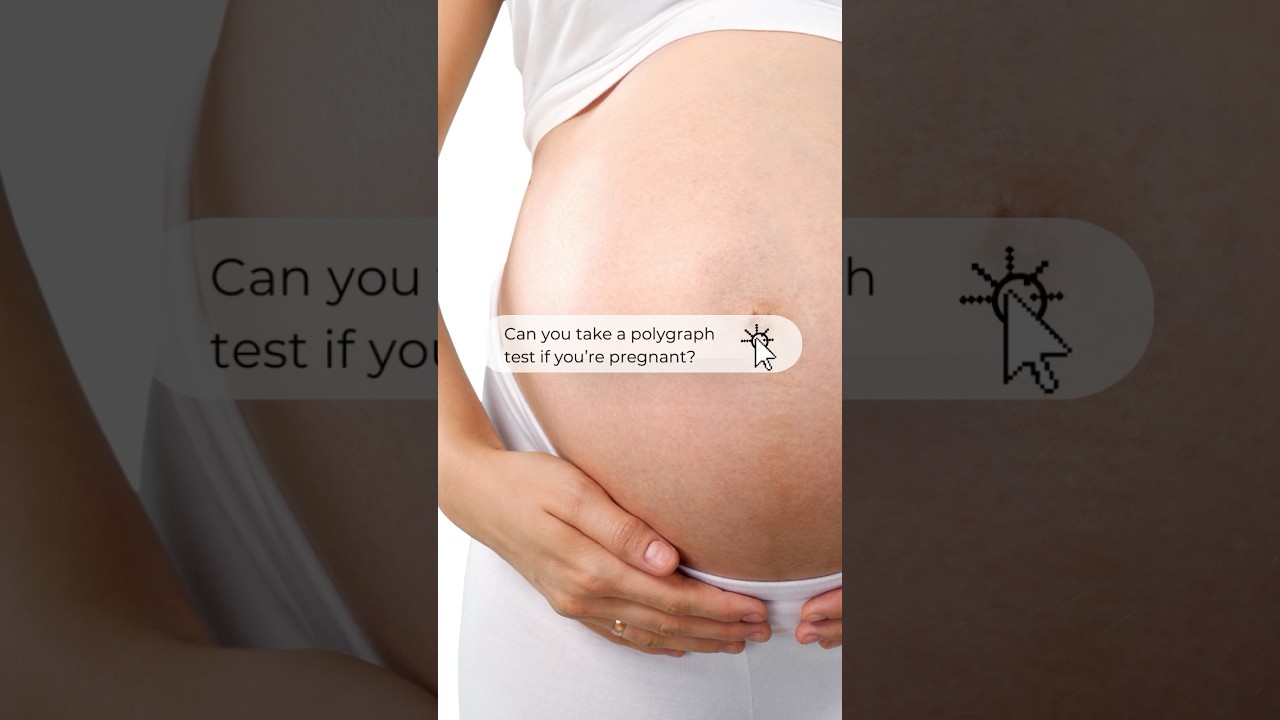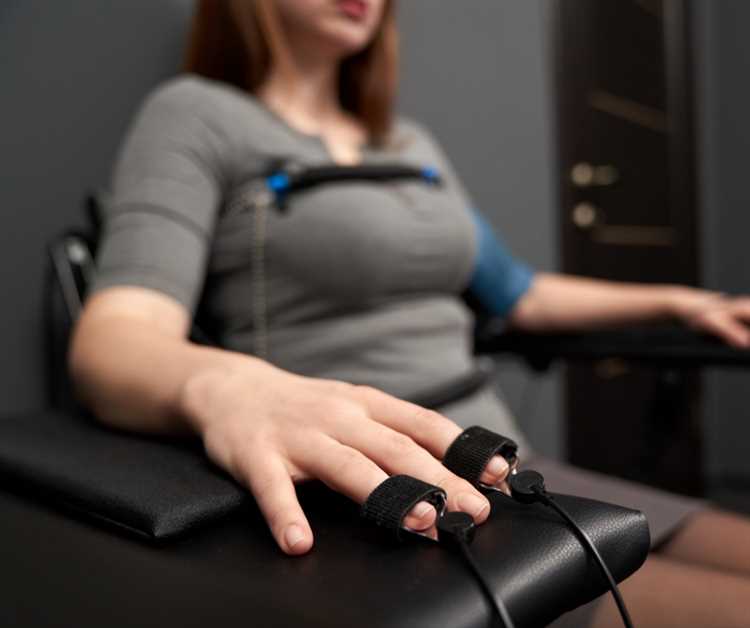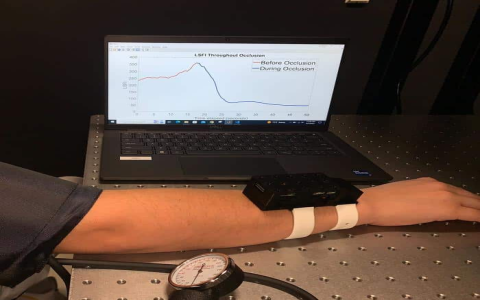When considering polygraph tests, commonly known as lie detector tests, a myriad of questions arise, particularly around the health implications for individuals in unique physiological conditions. One such intriguing inquiry is whether it’s safe or even feasible to undergo these tests while pregnant. This topic not only touches on the physiological changes during pregnancy but also raises ethical, legal, and medical considerations.
Pregnancy brings about numerous changes in a woman’s body, from increased blood volume to hormonal surges that can affect heart rate, blood pressure, and emotional stability—all of which are parameters that polygraph tests monitor. Here’s a comprehensive look at why participating in a lie detector test might be approached with caution when you’re expecting:

-
Physiological Changes: The cardiovascular system undergoes significant alterations during pregnancy. The heart has to pump more blood to support both the mother and the developing fetus, which might lead to variations in heart rate variability, a key indicator in lie detector tests. These natural physiological responses could either mimic or mask reactions that might be interpreted as signs of deception.
-
Hormonal Fluctuations: Pregnancy is notorious for its hormonal roller coaster. Hormones like cortisol, which responds to stress, can be elevated, potentially affecting how the body reacts during a test. This could result in false positives or negatives because the sympathetic nervous system, responsible for the "fight or flight" response, is already activated due to pregnancy.
-
Ethical Concerns: A polygraph test isn’t just about the equipment; it’s also about the mental state of the individual. Pregnancy can be emotionally taxing, which begs the question of whether placing a pregnant person under additional stress during a polygraph is ethical. The well-being of the fetus should also be a consideration, as stress can have adverse effects.
-
Legal and Medical Approvals: In most cases, entities that use polygraph tests have guidelines or restrictions concerning the health of the person being tested. Medical professionals might advise against such procedures due to potential risks or recommend an evaluation by an obstetrician. Employers or legal entities would likely need either a signed release or a medical clearance certificate before proceeding.
Now, let’s delve deeper into the implications:
-
Accuracy of Results: Pregnancy can alter how the body responds to the stress of lying or experiencing anxiety, which polygraphs might interpret incorrectly. Consequently, the reliability of the test could be compromised, leading to results that aren’t a true reflection of one’s truthfulness.
-
Stress Management: If there is a compelling reason for a pregnant woman to take a lie detector test, like her job requiring it for national security or forensic purposes, precautions must be taken to minimize stress. This could involve a calm environment, pre-test discussions on expectations, and having a healthcare provider present to ensure the health and safety of both mother and child.
Here are some practical steps to consider:

-
Medical Consultation: Always consult with a healthcare provider before consenting to a polygraph test. They can assess the potential risks and provide personalized advice.
-
Legal Rights: Understand your legal rights. Pregnant individuals might have protections under law concerning workplace demands that could extend to polygraph testing.
-
Alternative Methods: If the test is critical, consider whether there are other, less invasive methods to achieve the same goal. Modern technology offers less stressful alternatives for discerning veracity.
-
Documentation: If the test is agreed upon, ensure all medical checks are documented, and keep a record of any advice or assurances given regarding your condition.
In essence, pregnant women should approach the idea of taking a lie detector test with significant care. The potential for misinterpretation due to the physiological changes during pregnancy, coupled with the stress it might induce, makes it a scenario where the health and wellbeing of the mother and unborn child must take precedence. Each case should be evaluated individually, with medical, legal, and ethical considerations guiding the decision-making process in these unique circumstances.



